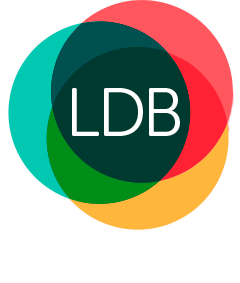Why making voluntary repayments on HELP debts could benefit you
April 11, 2023

The Higher Education Loan Program (HELP) is a scheme that enables eligible students to pursue tertiary education in Australian universities without having to pay tuition fees upfront.
The HELP scheme consists of several different loan programs including, but not limited to, HECS-HELP which is designed specifically for students undertaking higher education courses in Commonwealth-supported enrolments and FEE-HELP which covers the cost of full fee-paying enrolments.
HELP loans allow students to defer paying their tuition fees until they are earning income at a level at which the cost of the fees can be supported, at which point they begin repaying their loan through the taxation system via compulsory repayments calculated based on a progressive scale.
However, repayments don’t have to only occur via compulsory repayments – voluntary repayments can be made at any time.
If you have a HELP debt, you may be interested to know that there may be benefits to paying off your debt before June 1, regardless of whether that is in part or in full.
Here are some of the key reasons to consider:
Reduce the overall amount payable
While HELP debts do not incur interest in the same way that an ordinary loan would, they are subject to an indexation rate that is applied annually to account for inflation.
Historically, the inflation rate in Australia was often running at a low level so there was no great benefit to paying this any earlier and people with HELP loans were better off using any excess funds for other purposes such as investment.
However, with the heightened inflationary environment of recent times the indexation come June 1 will represent a significant uplift to HELP loans.
Making a voluntary repayment prior to the indexation date can therefore make a difference to the ultimate overall cost of the HELP loan over its lifetime.
Improve your ability to borrow
Having a HELP debt does not directly affect your credit rating, but it can indirectly impact your creditworthiness as assessed by prospective lenders.
This is because lenders may view your outstanding debt as a liability that could impact your ability to make regular repayments on other loans such as mortgages.
By paying off your HELP debt sooner you can improve your creditworthiness and potentially increase your access to loan and credit products in the future.
Speak to the tax and finance experts
The above is general information which may not be particular to your own personal financial circumstances and additional factors should be considered if an early HELP repayment strategy is appropriate for you.
To take advantage of strategies such as these it’s important to consult with experienced and qualified tax professionals who have expertise in lending and finance.
LDB Group offers a team of experts in the Australian tax environment. Contact us today to discuss how we can assist you. Call (03) 9875 2900 or send us details via the contact form below.
